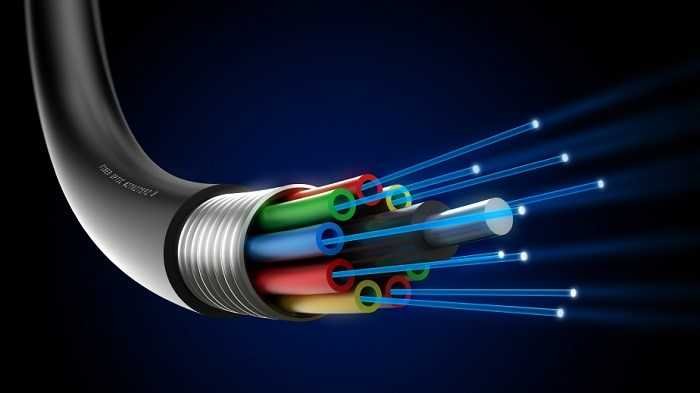Are we running out of internet? It may sound like a strange question, but researchers meeting at the Royal Society in London this week discussed just that: the coming "thorn" of the internet, its capacity and what they can do about it.
The meeting generated quite a few headlines with warnings of a "crowded" internet and the eventual need to use a ticket for data, but the reality is more complex.
The crisis is real, and it is caused by the rapid growth of electronic media consumption informations through the likes of Netflix and YouTube, but physics and engineering that can help us save it. The internet just needs a few tweaks.
Ο φόβος της έλλειψης χωρητικότητας πηγάζει από μια σκληρή φυσική αλήθεια - υπάρχει ένα όριο στο ποσό των πληροφοριών που μπορούν να χωρέσουν σε οποιοδήποτε κανάλι επικοινωνίας, καλώδιο οπτικών ινών ή καλωδίων χαλκού. Ανακαλύφθηκε το 1940 από τον Claude Shannon, και το όριο αυτό εξαρτάται από το εύρος ζώνης του καναλιού (ο αριθμός των συχνοτήτων που μπορεί να μεταδώσει} και την ratio of signal to noise (SNR).
Digital traffic jam
The capacity of the information in the optical fibers can be expanded by increasing the power of light emitted through them. This process enhances the encoding signal, making it easier to read from the other end.
Researchers have gone through decades to find ways to boost brands, to increase the capacity of fiber optics already on the ground to keep pace with increasing Internet traffic.
But this trick has reached a dead end. Power can only reach a certain point until the fiber saturates and the signal is downgraded. This means that the fibers we use today are reaching their full potential.
René-Jean Essiambre of French communications company Alcatel-Lucent has presented a survey suggesting that the capacity limit of the internet is around 100 terabits per second, 250 Blu-ray discs. Fiber optic systems of the Internet could reach this limit within the next five years, he warned.
Optical Fiber Fiber
But before closing your YouTube account, David Richardson of the University of Southampton, the United Kingdom, is researching new fibers containing multiple cores for data transmission on the Internet.
The manufacture of such optical fibers is more difficult than existing ones, because the cores are particularly small in size and must maintain their shape throughout the length of the cable. However, they seem to provide the possibility transportof a larger volume of data.
Techniques such as these will be the key to tackling the capacity crisis but if researchers are unable to upgrade and commercialize their solutions, traffic statements or other restrictions on their use Internet may be the only option.
"Δεν βλέπω κρίση στο διαδίκτυο," αναφέρει ο Andrew Lord, ένας ερευνητής στο Ηνωμένο Βασίλειο από την εταιρεία τηλεπικοινωνιών BT. "Έχω μεγάλη πίστη στην εφευρετικότητα των ανθρώπων" δήλωσε στο New Scientist.





